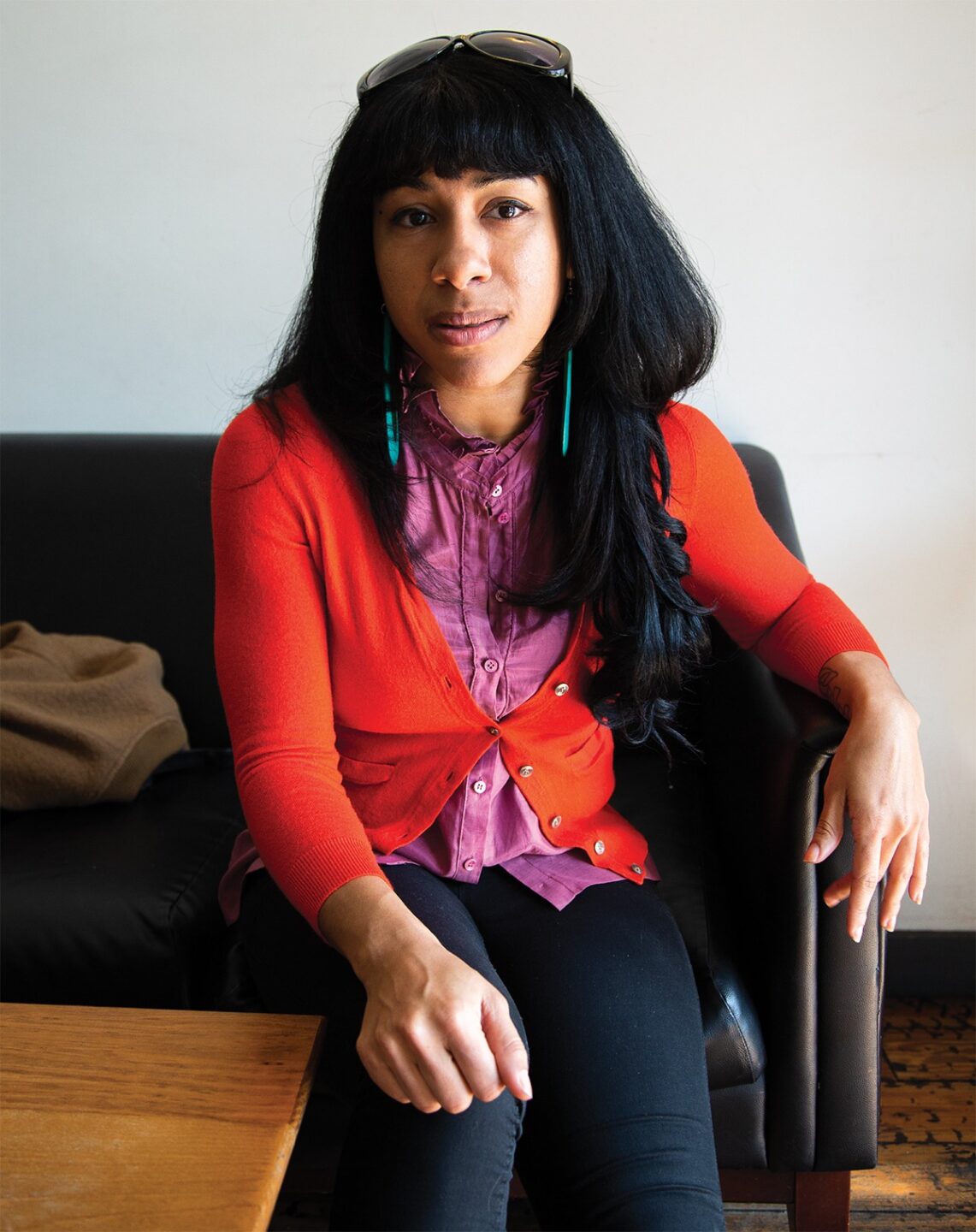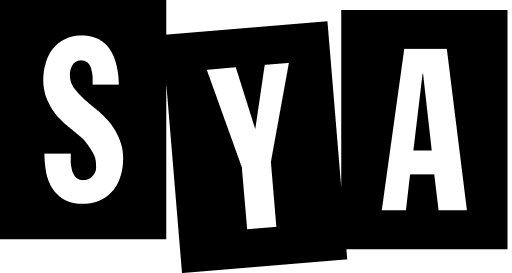
photo by Elizabeth Rudge
I had an abortion 17 years ago, and there are only parts of it I can remember.
I was a poor college student living in a large Southern city, steaming along the way you do when you’re popular and healthy and young. I remember it took me weeks to realize that the rape that nearly killed me had also resulted in me becoming pregnant. I’d lost so much control over my life and body at that point that I simply refused to connect the nausea, food cravings, swollen belly, and dysmenorrhea with pregnancy. I was still seething with rage about what had happened to me. I did not want to be pregnant. And I’d volunteered at abortion clinics before.Though it’d been years since they’d bombed the clinic in Atlanta, I knew about the potential of that kind of violence and wanted none of it. Instead I pretended I was fine, tried everything I could to bring on menstruation, and prayed. None of it worked.
Eventually, finally, I could no longer deny what I was so desperate to have not be true. I tossed my 40th positive home pregnancy test into the trash and went to my primary care physician for an official diagnosis. I don’t remember him confirming to me that I was pregnant, just the way he cheerfully asked when was the last time I’d had sex and spun the calendar wheel on a small rectangular card. I wanted to vomit, but instead I said aloud the exact date I had been beaten and raped. “About eight weeks.” I remember him chirping that I’d be due that summer. I immediately started to cry. I told him I could absolutely not have a baby and that I wanted an abortion. I remember him telling me he couldn’t help, walking out of the examination room, and slamming the door.
I don’t remember how I got home. I also don’t remember how I told my mom that I was pregnant and needed an abortion. I remember her never missing a beat, never doubting or ridiculing me. She just said okay, called her sister, and then called our insurance company. Next I must’ve looked up clinics online because I remember calling what seemed like a thousand fake clinics (aka “crisis pregnancy centers”) before finally reaching a real clinic and talking to someone who could help me. Their voice was quiet and calm. They gave me a lot of information and I wrote it all carefully down. I finally stopped crying, and I remember having a tiny bit of hope because I had made the appointment.
I also remember having to wait nearly two weeks to get my abortion. I was terrified the entire time that someone somewhere would decide they knew better than me, and that I wouldn’t be allowed to get an abortion after all. I was distracted briefly when unsupportive friends, and my rapist, learned I was pregnant and that I planned to terminate. I was able to meet the violence they directed toward me in an open and unflinching way. Being able to protect myself helped me focus my rage, regain my power, and strengthen my resolve. But mostly I went through the motions, pretended I was fine, and held my breath. Finally, the Friday came. I don’t remember if the day was warm or cool. I do remember my mother driving me, walking up to a squat, nondescript building in a part of town I’d never been, and that the sun was impossibly bright.
I remember being buzzed into a beige, totally silent office and sitting among a half-dozen other people in a windowless waiting room. There were mostly women, some men; some seemed younger than me, but most looked older. No one said a word the entire time. We just waited. Finally, I was called in to speak with a counselor who asked me for medical details about myself, told me they were required to warn me about all the so-called health risks of abortion procedures, and asked me why I’d come to the abortion clinic that day. I remember saying that I was pregnant, that I’d come for an abortion, and then signing a small slip of paper that said the same.
Next, I was led into another room where a nurse explained I would have to have a vaginal ultrasound and asked me to undress. I remember her saying the procedure was required, ostensibly to determine the gestational age, but that really it just allowed lawmakers to add more pain to the process. She said it would be unpleasant but that it would be over soon.
She turned on the machine, inserted the wand, and a whoosh-whooshing sound filled the room. I remember the nurse asking me if I wanted to see the baby. I remember turning my face from the ceiling to the wall and telling her no. I reminded her that I didn’t have a baby, that she was just looking at a clump of cells. I remember her then saying okay, removing the wand, turning off the machine, and quietly leaving the room.
I don’t know how long I waited there alone. I only remember the doctor and an assistant coming in together. The doctor asked me again if I’d come there to have an abortion and, after I had confirmed this, again, explaining what they were about to do and how the process worked. Then all I recall were cannulas coming out, my cervix being dilated, the doctor’s palm flattened against my abdomen, another machine being switched on, and another rhythmic whooshing sound. I don’t remember how I got home. I just remember lying in my bed with a heating pad, falling asleep to the sounds of my mother busying herself cleaning my kitchen, and an overwhelming feeling of relief.
Honestly, I rarely ever think about my abortion. Most days I forget that I even had it. When I do remember, I mostly think about the particulars of my life that made me “lucky” and my abortion possible. In those moments, it’s difficult for me not to connect the experiences 17 years ago to the ones I’ve had since being an abortion care worker and advocate, and parenting my 10-year-old son. I think about how much more meaningful and joyous life is when you’re able to make the best decisions you can for yourself. And I remember: while I was furious about the needlessly punitive measures placed before me then, and how much angrier I am about the inhumane obstacles now in our paths, I am glad I had my abortion.
I am grateful. I’ve never had any regrets.
